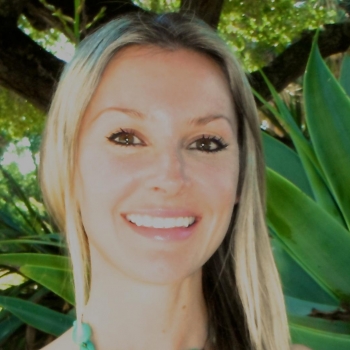Bio
I am an Assistant Professor of Psychiatry and Behavioral Sciences and a licensed clinical psychologist in the Stanford University School of Medicine. I am a suicidologist, with subspecialty expertise in clinical trials, epidemiology, and suicide prevention best practices. I have joint specialty in behavioral sleep medicine, treatment development, and thanatology. I am Founding Director of The Stanford Suicide Prevention Research Laboratory, and Co-Chair a number of initiatives to support multidisciplinary efforts in suicide prevention. Our program utilizes cognitive, biological (e.g., fMRI), and behavioral testing paradigms, with an emphasis on translational therapeutics across the lifespan. Our mission is to identify novel therapeutics, including seminal work to establish the subfield of sleep and suicide prevention. A special focus is the development of rapid-action, low-risk interventions for the prevention of suicide. Our mission is to evaluate transdiagnostic risk factors and biomarkers underlying treatment response that may inform etiology, reduce stigma, and advance innovation. Advocating for its utility as a visible, yet non-stigmatizing warning sign of suicide—our earliest work delineated sleep as a risk factor for suicidal behaviors. Funded by NIH and DOD, we subsequently conducted the first suicide prevention clinical trials, testing efficacy of a rapid-action (6 h) insomnia treatment for suicidal behaviors. These use a mechanisms focus to identify central disease processes (eg, underlying neural circuitry, behavioral factors) for anti-suicidal response. An overarching aim is to harness new technologies to aid risk prediction, precision medicine, and intervention opportunity. We are committed to improving national training practices (e.g., national needs-assessment of medical training parameters; AI for suicide prevention), and lead hospital best practices for safety in screening, triage, and postvention.
Regarding translation to policy, I have served as a content expert for nationally-directed health initiatives with NIH, VA, DOD, DARPA, SAMHSA, CDC, and The White House. I recently led development of the CA 2020-25 Statewide Strategy for Suicide Prevention, following invited testimony (CA State Assembly) and a commissioned Policy Brief on suicide prevention best practices. Advisory and advocacy work centers on how research guides public health policy and implementation. I am especially committed to initiatives promising impact to suicide prevention on a broad scale, including universal strategies for lethal means restriction and real-time surveillance of suicidal behaviors. To this end, I have been honored to serve as a content expert to The White House Office of Science and Technology for initiatives focused on technology innovation and led advisory work promoting suicide deterrent systems for private organizations and public sites, such as the Golden Gate Bridge. I have consulted for technology companies, as well as private industry and healthcare partners.
Inspired by maternity leaves coinciding with the above work, I have a separate research line examining organizational development, inclusive practices, sleep and employee wellness. This addresses disparate impact of institutional and federal medical leave practices on recruitment and retention of women. Our program focuses on cost-effective policy for diversity training and reduced attrition of women in medicine, law, STEM and technology fields. As such, I am dedicated to spearheading development of a Stanford Center for Policy, Inclusive Practices, and Equity Education.
To donate or partner with us, please contact Deborah Stinchfield (Stanford Medical Center Development) medicalgiving@stanford.edu or please contact us directly.


